10 recent changes that will affect property owners and buyers
Even though the property market has cooled from its pandemic-induced peak, Australia’s sky-high inflation, soaring cost of living, near-record-high interest rates and tightening lending requirements mean many would-be first-home buyers are still struggling to get their foot onto the property ladder.
And those who are homeowners might be struggling to keep up with hiking repayment costs.
The good news is there are a load of federal and state government incentives, initiatives, and schemes to help.
But now we’ve ticked over into the new financial year, there have been some changes you’ll need to keep on top of.
Here are 10 federal and state government changes that recently came into effect on July 1 2023 that will affect homeowners and buyers.
1. There are more Home Guarantee Scheme places, and eligibility has widened
The First Home Guarantee buying scheme has been expanded to add 35,000 more places to allow first-home buyers to buy a new or existing eligible property with a deposit as low as 5% while avoiding lenders' mortgage insurance (LMI).
There have also been 10,000 places added to the regional first-home buyer guarantee and 5,000 places added to the family home guarantee (FHG) scheme for single parents.
Not only that but the government has widened eligibility, so now permanent residents and former homeowners can also apply, and any group of people - married, defacto, friends, siblings, or groups of family members - are eligible, as are legal guardians (rather than only parents) for the FHG scheme.
None of these new home buyer schemes can be used to buy an investment property.
2. Two more banks have joined the Home Guarantee Scheme
Westpac and RAMS Home Loans have joined the Home Guarantee Scheme, meaning borrowers can get more choices when it comes to choosing a home loan lender.
3. There are now more than 20 lenders offering cashback deals
Home loan cashback offers typically involve a bank or lender offering you an incentive to take out one of its products either in the form of cash, gift cards or a cut off the top of fees you’d be liable to pay.
There are now more than 20 lenders offering cashback deals to draw in new customers, many of which - AMP, Bank of Melbourne, ME Bank, IMB Bank for example - are offering up to $4,000.
4. NSW has increased stamp duty concessions
Instead, the NSW government has raised the threshold for stamp duty exemptions (from July 1) under its First Home Buyers Assistance Scheme to $800,000, from $650,000, with concessions applicable on a sliding scale up to $1 million.
To be eligible you need to be an Australian citizen or permanent resident aged 18+, buying your first home as an owner occupier and live in it for a minimum of 12 months - investors cannot take advantage of this property buying incentive.
5. VIC has reduced stamp duty concessions for off-the-plan
The Victorian government has reduced stamp duty concessions for off-the-plan purchases.
As of July 1, the concession can be applied to first-home buyers buying an off-the-plan property valued at up to $750,000 and up to $550,000 for all other buyers.
This has been reduced from $1 million previously.
6. NSW has axed its land tax scheme
In NSW, the scheme allowing Aussies to choose between paying stamp duty or an annual land tax ended on June 30 - this incentive has been replaced by increased stamp duty exemptions.
7. Land tax rates have increased around the country
Property owners will now need to pay land tax in NSW from January 1.
In Victoria, investors will have to pay a flat rate of up to $975 plus a levy on the value of the land on their second homes or investment properties.
In the ACT, Queensland, South Australia and Western Australia, land tax will increase from July 1 - each of these rates varies depending on the location but ranges between 1.1% and 2.75%.
8. QLD landlords can only increase rent once every 12 months
In QLD, landlords are now only allowed to increase rent on an investment property once every 12 months, rather than every 6 months.
9. The ATO is shining a spotlight on property investors
The Australian Taxation Office has warned property investors that it will be focusing on property investors in the 2022-23 tax return season.
The tax office said it is committing more resources to investors trying to cheat the system.
It plans to scrutinize disclosed rental income, tax deductions for investment properties and interest expenses on loans used to buy a rental property in individual tax returns.
10. Household childcare subsidy has increased
Australian households with children could be eligible for higher childcare subsidies to help with the cost of living increases in mortgage and rent payments.
Income brackets have been increased to include households earning less than $530,000 a year with primary-school-age children - these families will see their subsidy rebate increase up to a maximum of 90% for families earning under $80,000 per year.
The rebate then falls on a sliding scale up to an increased $530,000 annual household income.
Previously the rebate was split into brackets and was reduced to zero for families earning over $356,756.
A final note …
While there are options out there for first-time buyers to purchase a property without the added pressure of saving a huge 20 per cent deposit, there are plenty of risks involved.
Before going down the route of one of the many available government schemes on offer, make sure you speak to an expert to ensure your potential property purchase makes good long-term investment sense.






